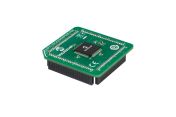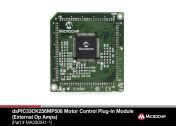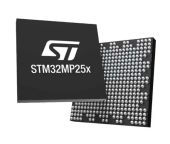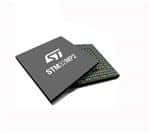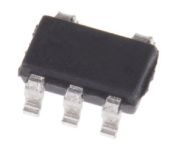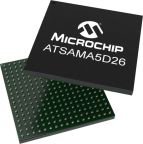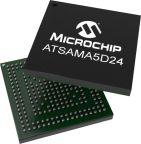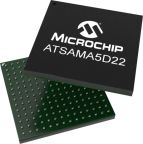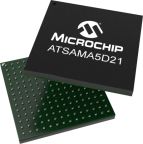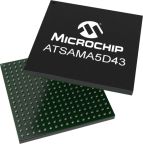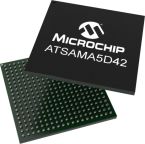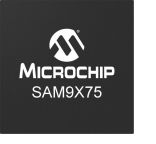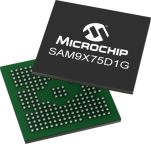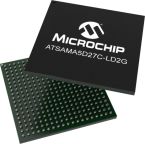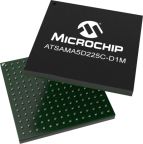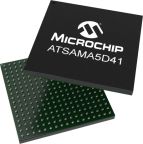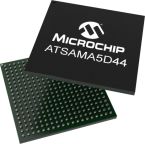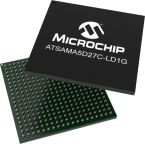Microprocessors
A microprocessor also referred to as a CPU, is a computer processor in the form of a single integrated circuit (IC). CPU stands for central processing unit and is the brains of a computer that gives out instruction for the computer program. Microprocessors essentially control most of the functions your computer can do, from browsing the web to writing a document. Therefore a microprocessor is an essential component in computing. A microprocessor IC is a semiconductor device that provides this functionality from a single chip. This is a traditional semiconductor package, such as a BGA or QFN package. You can learn more in our complete guide to microprocessors.
How does a Microprocessor work?
A microprocessor performs both arithmetic and logic operations. It takes a binary input from a device and processes the data based upon instructions that are stored with its memory. These instructions are saved using Cache memory.
What is Word Length?
Computers are driven by specific sets of instructions, the CPU carries these instructions out at great speeds. Data bus width is the rate at which a microprocessor can process data. Word length is the number of bits within the internal data bus. For example, a 32-bit microprocessor will be able to process data faster than an 8-bit microprocessor.
What is Clock Speed?
Clock speed is a value given in MHz or GHz. It refers to the speed that the microprocessor executes instructions.
Where are microprocessors used?
Microprocessors can be found in many applications which require embedded control. This includes:
- Personal computers
- Computer peripherals
- Household appliances
- Automotive
Microcontrollers are a type of microprocessor which contain the CPU, memory and other inputs and output.
